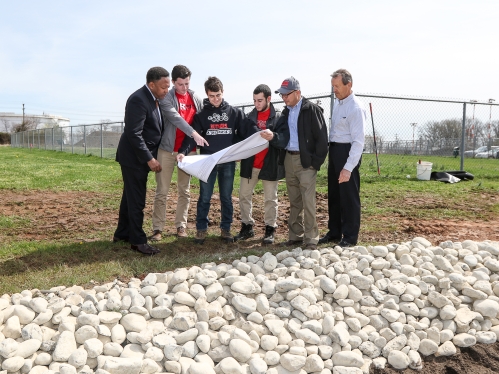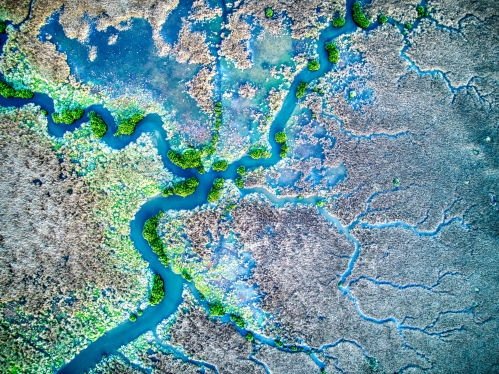
Environmental Engineering
Welcome
The Department of Civil and Environmental Engineering offers a bachelor's degree in Environmental Engineering (EnvE) jointly with the Department of Environmental Sciences. The current master's degree program in Bioenvironmental Engineering offered by the Department of Environmental Sciences is transitioning into a joint graduate program in Environmental Engineering offering both master’s and doctoral degrees.
Our Program
Our Program

EnvE at Rutgers
Environmental engineers utilize engineering principles and physical, chemical, and biological sciences to devise effective solutions for current and emerging environmental problems related to human activities. Our program is jointly administered by the School of Engineering (SoE) and the School of Environmental and Biological Sciences (SEBS) giving students a multidisciplinary experience.
Academic Experience
The Environmental Engineering (EnvE) program at Rutgers gives students a broad and multi-disciplinary education in the fundamentals of environmental engineering as well as proactive learning opportunities to utilize classroom learning in applications and design. The program offers a wide range of courses to help students understand the impact of engineering solutions in a global, economic, environmental, and societal context.
Research and Analysis
In order to successfully complete the program, students must actively engage in collecting, analyzing and interpreting data and must demonstrate methodological and computer skills. Students also graduate with the ability to effectively communicate complex issues both orally and in writing.
Four Questions for Associate Professor Efthymios Nikolopoulos
The “magical” properties of water as an element, its importance for natural and human systems, as well as its devastating power in the form of natural hazards such as floods and droughts have always fascinated me.
His research focuses on integrating remote sensing observations with numerical modeling to advance understanding and predictability of hydroclimatic extremes and their impacts. His funding includes NASA and a National Science Foundation funded project on biodiversity change forecasting.

Meet EnvE Student Julianne Chan
Julianne Chan found a passion for environmental engineering research as a first-year student. A school leader, she has been a research assistant in the Fahrenfeld Research group and was named a 2023 NOAA Hollings Scholar.